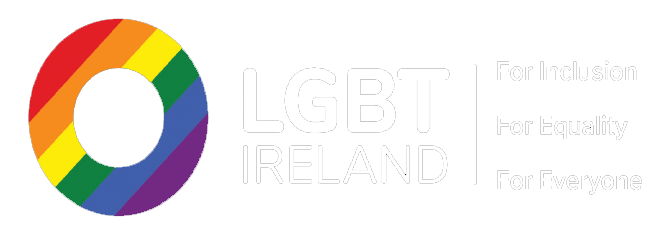The Joint Oireachtas Committee on Education and Skills published its Report on Relationships and Sexuality Education on Tuesday, 29th January.
The report calls for Relationships and Sexuality Education (RSE) to be much more inclusive, acknowledging that “12 years of age is the most common age for young people to realise that they might identify as LGBTQI+ and therefore there is significant need for appropriate supports to be in place from this point.”
Chairman of the Commitee Fiona O’Loughlin stated that “The Committee believes strongly that the SPHE and RSE curriculum needs to be inclusive of all students and to give a voice to LGBTQI+ students and those with special intellectual needs who are often overlooked in this area. To achieve this, the curriculum must be reviewed, to reflect today’s society and must be delivered in a consistent manner to all students and from an earlier age so that it becomes embedded in our children’s social development.”
The review of RSE included matters relating to contraception and consent, and aimed to “examine how best this curriculum could be delivered to primary and post-primary schools, third-level institutions, youth clubs and other
organisations involved in the education of and interactions with young people.”
The Committee also examined “the content and delivery of information related to the wider issues of healthy/positive sexual expression of relationships and LGBTQI+ issues. It also assessed what information is available to young people across many platforms and its impact on relationships and self-esteem.”
The report also noted that “while society has developed to include the Marriage Equality and the Gender Recognition Acts, the gender studies strand under SPHE has not been updated to reflect this and uses only the language of both
genders rather than refer to the spectrum of gender identities.”
The Committee made many recommendations based on their findings. Among these, the Committee “recommends that any updated SPHE and RSE programme be fully inclusive of LGBTQI+ relationships and experiences including sexual orientation, gender identity and the spectrums thereof. Consideration should be given to the inclusion within curriculums of LGBTQI+ specific sexual health issues and the presentation of LGBT relationships without distinction as to their heterosexual counterparts.”
You can read the full report here
And watch the discussion of the Joint Committee on Education and Skills here (starting from 27:45)
